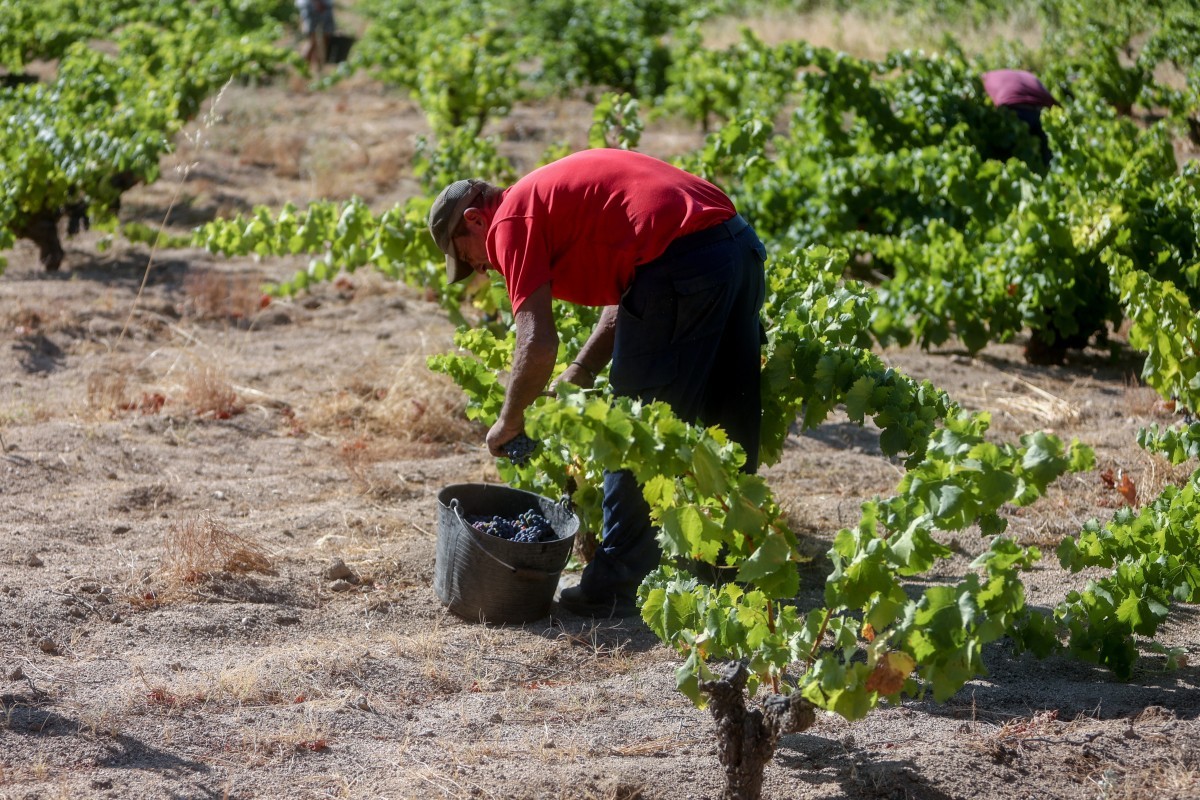
The ban on carrying out certain tasks outdoors or in workplaces that cannot be closed during the hottest hours of the day for which orange or red warnings have been issued is now in force in Spain. Following its approval by the Council of Ministers and publication in the Official State Gazette (BOE), the provision regulating this ban came into force this Saturday, 13 May.
More specifically, the provision stipulates that appropriate measures must be taken to protect workers who work outdoors or in areas that cannot be closed to any risk related to adverse weather conditions, including high temperatures or extreme winds, such as temporary or mobile construction sites.
These measures will have to be set by companies after an occupational risk assessment, which will consider, in addition to the weather conditions mentioned, the nature of the tasks being carried out and each worker's characteristics or "known biological conditions".
These preventive measures shall include a ban on specific tasks during the times of day during which adverse weather conditions prevail in those cases where the worker's protection cannot be otherwise guaranteed.
Should the State Weather Agency (Aemet) or the corresponding regional weather service, where such exists, issue an orange or red warning of adverse weather conditions, companies must adapt their working conditions, including reducing or modifying the planned working hours, especially where existing preventive measures do not guarantee worker protection.
This provision, approved on 11 May by the Council of Ministers in the framework of the drought decree, is part of the 2023-2027 Spanish Health and Safety Strategy and the 2030 Agenda for Sustainable Development related to the effects of climate change.
According to data from the State Weather Agency (Aemet), the average temperature recorded between 1 June and 31 August 2022 was the highest since records began.
The Department of Yolanda Díaz, citing estimates from the Carlos III Health Institute's daily mortality monitoring system, has argued, following the approval of this measure, that during the summer of 2022 in Spain, there was an increase of more than 4,800 temperature-related deaths.
In fact, among other cases, the Ministry of Labour recalled that high temperatures cost the life of a 60-year-old street cleaner who was working in Vallecas, and another worker in the Murcia countryside, in Lorca, "who did not even have water or any means of hydration available to him".